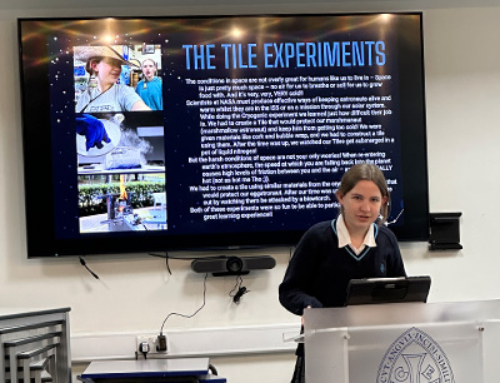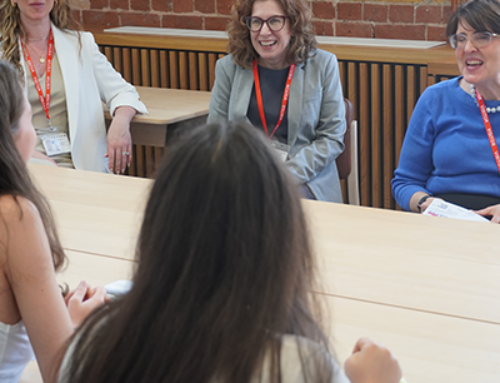Today’s poem has been chosen and introduced by Joint Head of Sixth Form, Mrs Banks.
Like Mr Macdonald-Brown (see yesterday’s POTD), I am looking forward to looking back on this bizarre period of our lives. In years to come, we shall regale our children and grandchildren with stories of the pandemic we survived and the strangeness of lockdown. Because most of us will emerge blinking into the sunlight and pick up our lives with renewed relish, quite possibly feeling stronger, more appreciative, readier to make the most of every opportunity than we were before. For lots of other people, this won’t be so easy, which brings me to today’s poem.
‘Going Places’ by Lemn Sissay could be a lockdown poem. It brilliantly conveys the tedium of yet another evening “with nothing to do”. There is a breathless build-up of a host of pointless activities, all the things you do when you’ve got nothing to do. The fanciful second stanza sounds just like a lockdown meme – painting roads on the walls “to convince myself/that I’m going places”. But “going places” is here a darker joke than those video clips of someone ski-ing off the top of his sofa or pretending that a washing machine door is an aeroplane window. The bleak irony is evident: this person isn’t going anywhere at all, literally or metaphorically.
Going Places
Another
cigarette ash
television serial filled
advert analysing
cupboard starving
front room filling
tea slurping
mind chewing
brain burping
carpet picking
pots watching
room gleaning
toilet flushing
night,
with nothing to do.
I think I’ll paint roads
on my front room walls
to convince myself
that I’m going places.
Lemn Sissay, though, did go places. He is an extraordinary human being. Born in 1967 to a single mother, a young Ethiopian woman who was studying in the UK, he was taken into care at 2 months old. His mother’s refusal to put him up for adoption was ignored by the authorities who placed him with a foster family. Lemn was given the name Norman by a social worker who was called – you’ve guessed it – Norman. This family discarded him when he was 12 and he then lived in a variety of care homes up to the age of 18. It was only then that he discovered his real name (which aptly means ‘Why’ in Amharic, the official language of Ethiopia) and the fact that his mother had searched for but couldn’t find him. He has defied the odds stacked against him to become a successful poet, playwright, actor, broadcaster, Chancellor of Manchester University, Booker prize judge. Look him up.
Perhaps we are lucky to have experienced this period of stagnation, of nothing to look forward to, nothing to do, nowhere to go. How we shall appreciate the return to all the riches of our existence: perhaps we shall be wiser, more thoughtful and also more compassionate towards others who – through no fault of their own – are in some way still locked down and who feel they aren’t going anywhere at all.














